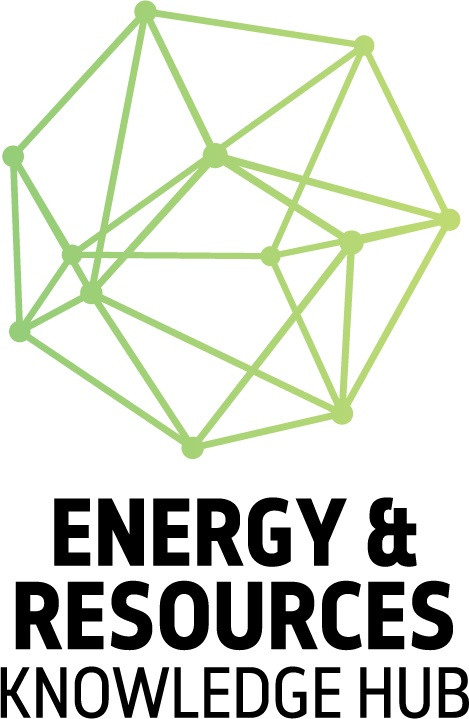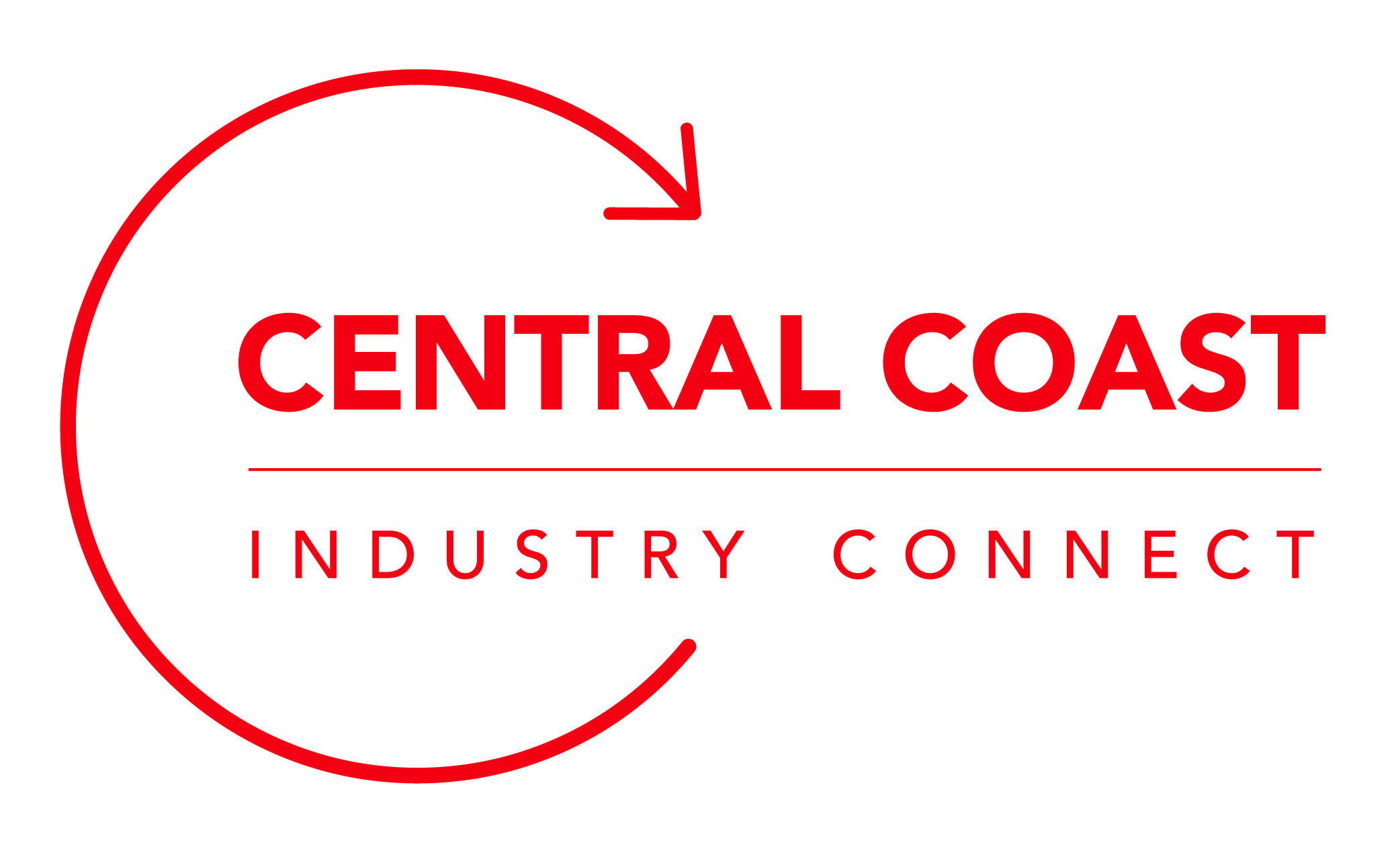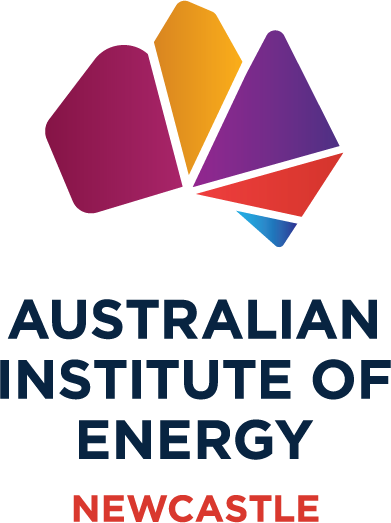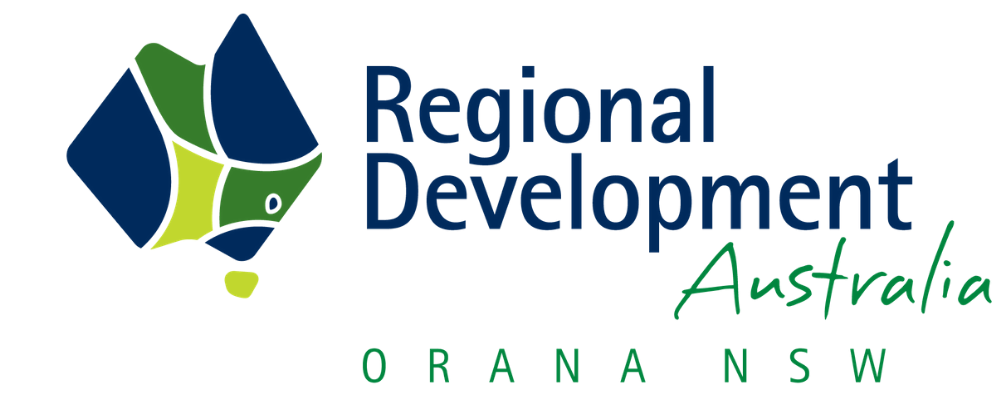Australia tables tax incentive legislation to accelerate renewable hydrogen and critical minerals industries
The new tax measures, promised in the 2024-25 Budget, aim to attract investment, strengthen energy security, and create opportunities for local communities.
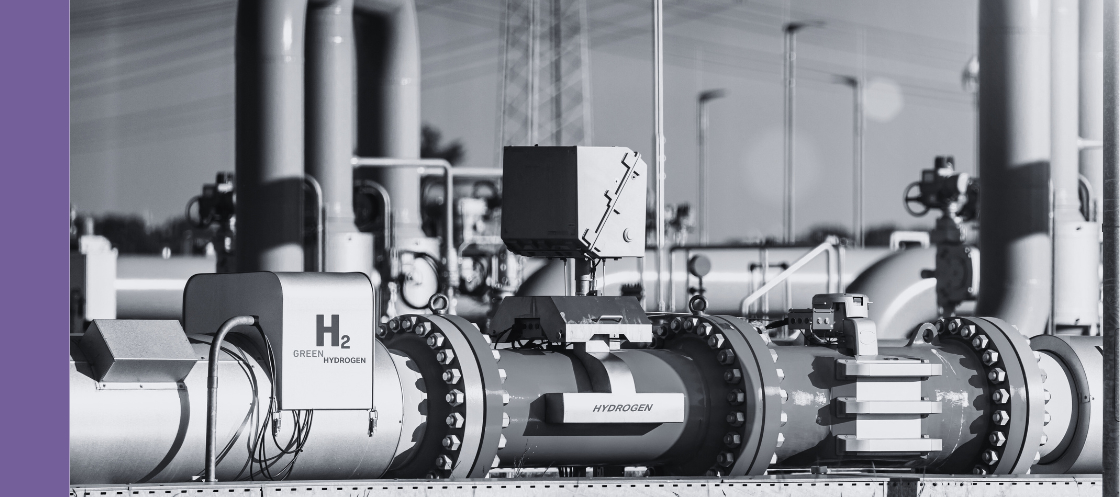
On 14 May 2024, as part of the 2024–25 Budget, the Government announced changes to accelerate investment in Future Made in Australia priority industries.
Today, the Federal Government has presented a bill introducing the new tax incentives, to encourage investment in renewable hydrogen production and critical minerals processing. The Future Made in Australia (Production Tax Credit and Other Measures) Bill 2024, outlines targeted support for emerging industries while ensuring benefits flow to local workers and communities.
Treasurer Jim Chalmers said, “This Bill will help unlock private sector investment to build a stronger, more diversified and more resilient economy powered by renewable energy that creates secure, well-paid jobs around the country.”
The legislation introduces two production tax incentives set to run between 2027–28 and 2039–40:
- A Hydrogen Production Tax Incentive offering $2 per kilogram of renewable hydrogen produced, available for up to ten years per project.
- A Critical Minerals Production Tax Incentive providing a 10% rebate on processing and refining costs for Australia’s 31 designated critical minerals, available for up to ten years per project.
The incentives aim to drive investment in projects supporting decarbonisation technologies such as wind turbines, solar panels, and electric vehicles. The government will only grant these benefits to projects already operational, ensuring the financial support rewards actual production.
The legislation also establishes conditions under the six Community Benefit Principles laid out in the broader Future Made in Australia Bill. These principles will guide recipients to deliver social and economic benefits, with detailed rules set by the Treasurer following further consultation.
Minister for Climate Change and Energy Chris Bowen described the policy as a chance to position Australia as a reliable energy and resource supplier while strengthening the domestic economy. He said, “This is all about seizing the vast economic and industrial opportunities from the global net zero transformation and strengthening our economic resilience.”
As the world's largest lithium producer, Australia is well-placed to supply key critical minerals for clean energy technologies. The renewable hydrogen industry will also play a major role. The incentives aim to lower production costs, making hydrogen a viable clean fuel for domestic and export markets.
Both sectors are expected to deliver secure jobs, attract investment, and foster economic growth in regional areas. Indigenous Business Australia will also have an expanded role in ensuring First Nations communities benefit from these developments.
The government has committed to working with industry to finalise the rules around the tax incentives and ensure the measures encourage responsible, sustainable practices.





